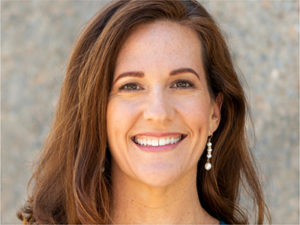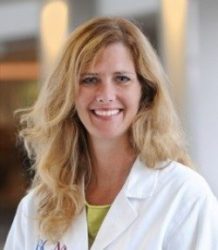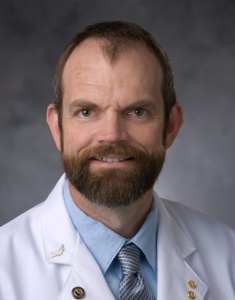
Podcast: Play in new window | Download


Podcast: Play in new window | Download


Podcast: Play in new window | Download
This week we look at breastfeeding, the guidelines from the American Academy of Pediatrics and some science related to the nutrients in breastmilk. Should we breastfeed our children past 1 year of age? Should we push the government to do more to support nursing babies? We also discuss curiosity and parenting.
Enjoy,
Dr. M


Podcast: Play in new window | Download


Podcast: Play in new window | Download


Podcast: Play in new window | Download
Dr. Tracy Shafizadeh is a nutritional scientist, speaker, and author with over 15 years of experience in scientific communications and life science research. Prior to serving as the Director of Scientific Communications at Evolve BioSystems, she led both product development and research services at various start-up life science companies, including Lipomics Technologies, Tethys Bioscience and Metabolon, Inc. Dr. Shafizadeh received her PhD in nutritional biology from UC Davis, studying intestinal development and folate metabolism in newborns.
Today, we spend the hour discussing the maternal and infant microbiome with respect to maternal breastmilk, human milk sugars and childhood outcome. Evolve Biosystems has produced a probiotic with excellent science to help guide us in new therapeutic discovery. We head to the beginnings of disease onset when the infant is only starting to take his or her first breaths.
I hope that you enjoy my conversation with Dr. Tracy Shafizadeh,
Dr. M


Podcast: Play in new window | Download
Dr. Kjersti Aaagard, is an expert in maternal-fetal medicine holding the distinction as the Henry and Emma Meyer Professor and Chair in Obstetrics and Gynecology at Baylor College of Medicine and Texas Children’s Hospital. She serves as vice chair of research for obstetrics and gynecology and is a professor in the Departments of Molecular and Human Genetics, Molecular and Cellular Biology, and Molecular Physiology and Biophysics. She is an expert in the study of the maternal microbiome and metagenomics Research.
She is a tour de force of knowledge in the evolutionary understanding of the maternal-fetal communications throughout pregnancy and post delivery. We share a fascinating hour discussing the maternal microbiome, breastmilk, diet and much more as they relate to mom and her babe.
I hope that you enjoy this stimulating conversation with Dr. Aagaard,
Dr. M


Podcast: Play in new window | Download
Dr. William Parker, Associate Professor of Surgery and Global Health at Duke University, will discuss the biome depletion theory and how our cleanliness is disrupting normal immune function. These processes can have profound downstream effects on maternal and child health. From the Duke Medical School: What is widely known as the “hygiene hypothesis” is more appropriately described as the biota alteration or biome depletion theory: Changes in symbiont composition in the ecosystem of the human body in Western culture has led to immune dysfunction and subsequent disease. We are working on several aspects of this theory. Our earlier studies probe the immunological differences between laboratory-raised and wild-raised animals as a means of assessing differences between humans with and without Western culture, respectively. Other studies probe the role of biome enrichment, in particular the addition of helminths, in the treatment of disease. Studies are ongoing in both humans and in animals, with particular attention to the role of biome depletion in cognitive dysfunction.
We discuss the future of human health with a specific focus on our macrobiome friends, parasites, with whom we have co evolved. They are now missing and we are not better off because of it.
Please enjoy my conversation with Dr. William Parker,
Dr. M